Stop Prop 36: The New Prison-Industrial Scam
By the League National Housing and Homelessness Committee
“With California dealing with such a serious housing crisis – actually I would say beyond a crisis, we are living through a housing disaster – the idea of re-introducing tens if not hundreds of thousands of felonies into families across California [through Proposition 36] will make that problem not only worse, but it will make it unimaginably worse. It’s not about fixing anything or making anyone safer. Instead, it’s a re-investment in prison-industrial complex because it is big cash cow, and power grab by certain special interests in the state of California…”, Lex Steppling, L.A. Community Action Network.
The fight against Prop 36 is gathering strength. Recently, grassroots organizations across the state came together, from Humboldt County down to San Diego, to get out the vote against Prop 36 and let the public know of the danger.
Elevating nonviolent offenses like petty theft to felonies and imposing harsh prison sentences on low- level drug offenses is the thrust of Prop 36, which will be on California’s November ballot. It is a return to California’s ruinous “three strikes” as well as other punitive laws, and it is an attempt to rebrand the failed war on drugs, which has always been a war on class and race.
The campaign to put Proposition 36 on the ballot is funded by a coalition of retail corporations, including Walmart and Target. A key ally of this corporate-funded initiative is a standard bearer for law enforcement, the California District Attorneys Association. Significantly, it is also backed by the state’s influential union of prison guards, which recently received a pay and benefits package from the state legislature of almost $1 billion dollars.
Using fear and misinformation to manipulate California voters, the entire Yes on 36 campaign is based on lies. Backers claim that theft and crime overall is increasing when it is actually going down. They claim that 36 will get more people into drug treatment, when it will actually decrease funding for treatment and force people who want treatment to go to prison instead. They claim that it addresses homelessness when it actually reduces funding for drug disorder treatment. It provides zero dollars for housing but hundreds of millions for prisons and jails.
Prop 36 is intended to roll back the gains of the abolitionist movement against police violence and criminalization – powerfully expressed in the George Floyd rebellion of 2020, which brought together millions in multiracial protests. This movement has won sentencing reforms and a 25% reduction of the prison population nationwide from its peak in 2009.
The specific target of Prop 36 is the repeal of California’s 2014 initiative Prop 47, which reduced certain nonviolent drug and property crimes to misdemeanors, limiting penalties and keeping offenders away from state prison. Prop 47 has saved over $800 million in the costs of incarceration, and redirected those funds to behavioral health treatment and other critical services.
Prop 36 is not an isolated California proposition, but it is an integral part of the national fascist campaign to take over the government laid out in Project 2025, the playbook of the Trump candidacy.
In addition to the hundreds of millions of dollars per year that Prop 36 will funnel into prison-industrial profits, it will activate the police to make petty theft arrests at no cost to the retail industry. The corporate class is promoting Prop 36 for political reasons, trying to consolidate its grip on the state and the electorate itself by preying on fears about crime.
It also wants to reinforce the lie that homelessness is caused not by destitution but by drug addiction.
The Finance, Insurance and Real Estate (FIRE) sector is treating housing as a profit-making commodity amidst an economy being revolutionized by technology. This rapidly automating system can no longer provide enough living wage work. It cannot fairly distribute the wealth of the society, which is increasingly concentrated in billionaire dynasties.
The revolution in technology has created a growing mass of dispossessed people, the most vulnerable part of the working class, including the unhoused in their millions. They have been abandoned by the corporate state – and criminalized. “Prison is not just a response to a ‘free floating thing called crime’ – it’s a response to ‘surplus populations.’ Which is to say that prisons are designed to absorb people: those people who have been abandoned by the state” (Ruth Wilson Gilmore, Document Journal April 2023).
Organizer and educator Mariame Kaba said in an April 10, 2019 interview with Chris Hayes on MSNBC: “For me, capitalism has to go. It has to be abolished. We live within a system that’s got all these other isms, and we’re gonna have to uproot those. So, we’re doing work every single day to set the conditions for the possibility of that alternate vision of a world without prisons, policing, and surveillance.”
This will be a long fight with many battles, but the goals are clear. As Brian Kaneda, deputy director and Los Angeles coordinator for Californians United for a Responsible Budget (CURB), said in a recent interview. “The only way to get the things we really need is through a new system that divests from punishment and invests in communities with the goal of eliminating policing and prisons; preventing and responding to harm and creating a thriving world for all.”
Published on October 24, 2024
This article originated in Rally!
P.O. Box 477113 Chicago, IL 60647 rally@lrna.org
Free to reproduce unless otherwise marked.
Please include this message with any reproduction.
Let’s talk – https://lrna.org/contact-us/
“As people struggle to survive war, climate catastrophe, poverty, and pandemic, a new fascist state form is arising to crush us – the naked rule of corporate power.” ..”The battle is a class struggle because the ruling class is the enemy of humanity and the earth itself.” from the Program of the League of Revolutionaries for a New America:
https://lrna.org/lrna-program/

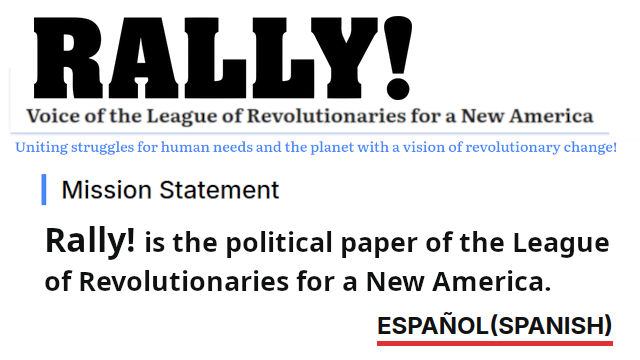
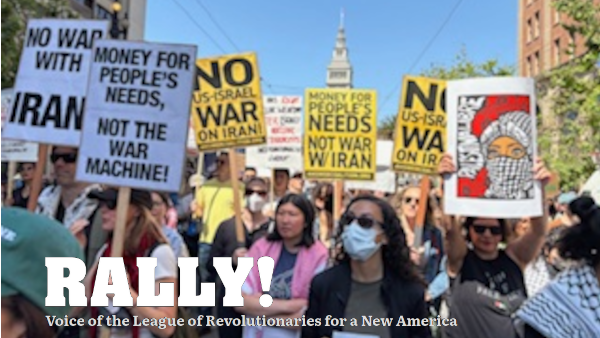

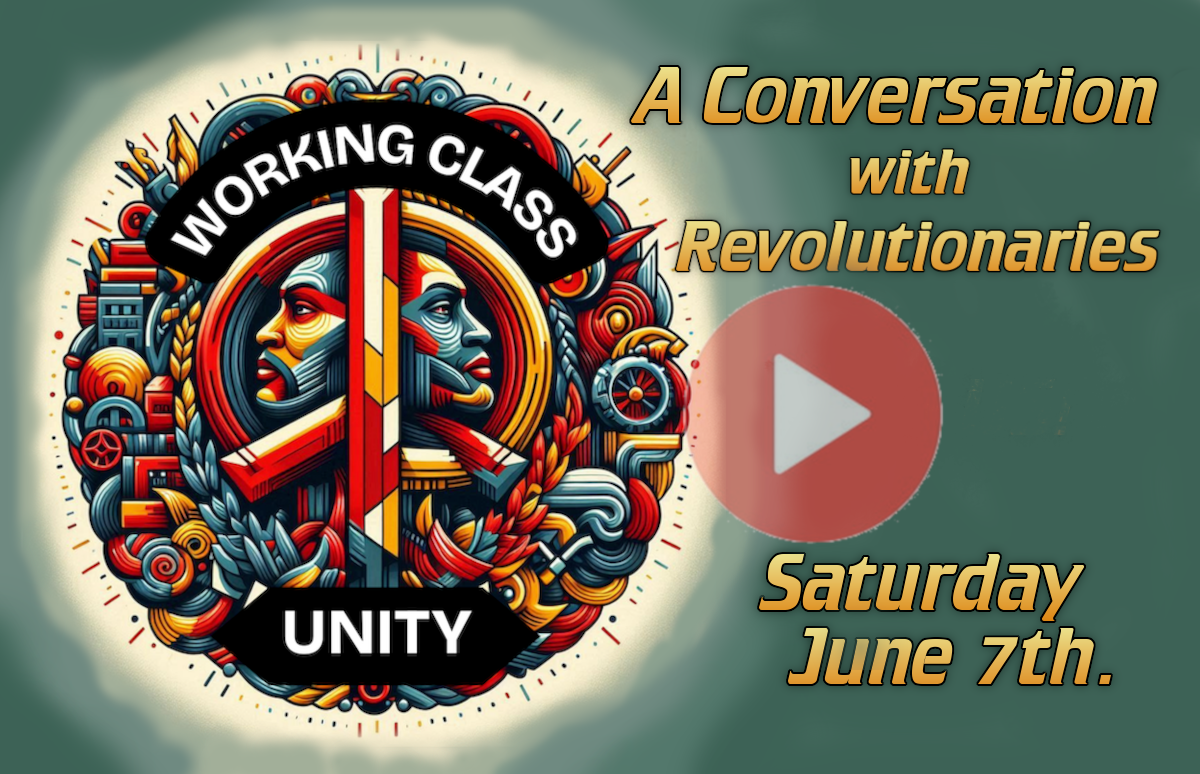




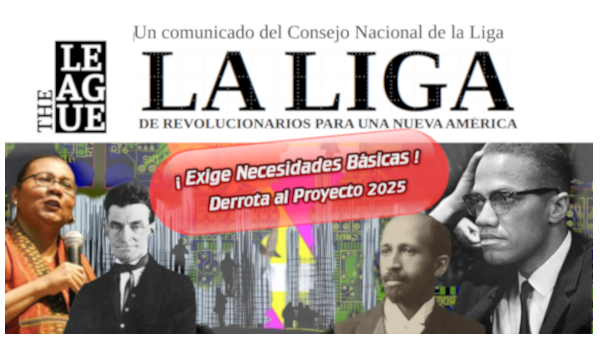
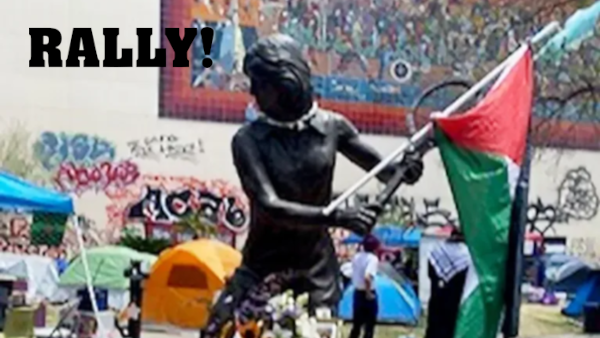
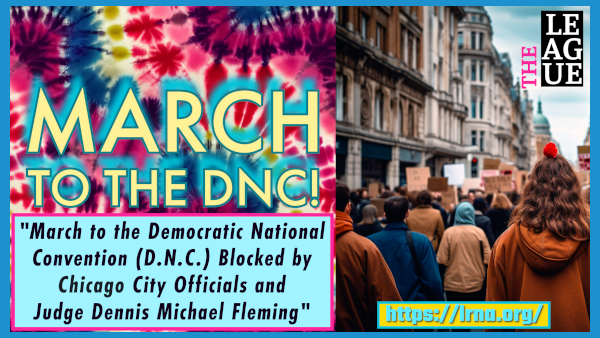
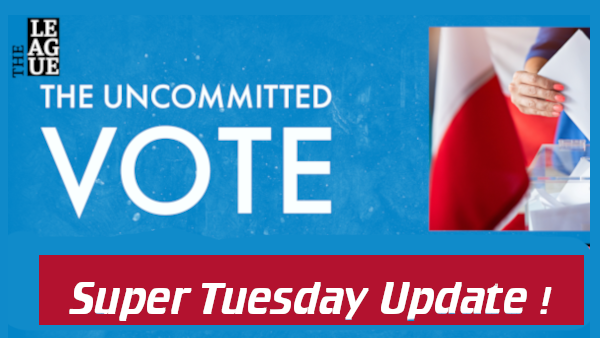
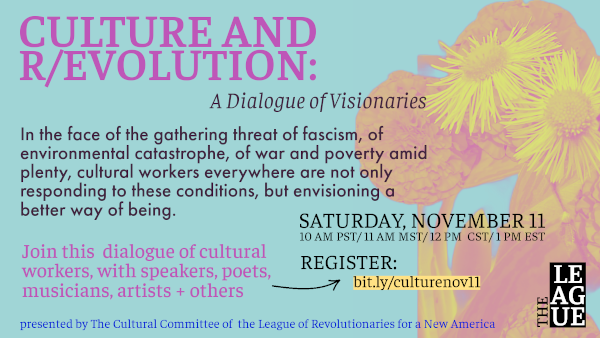

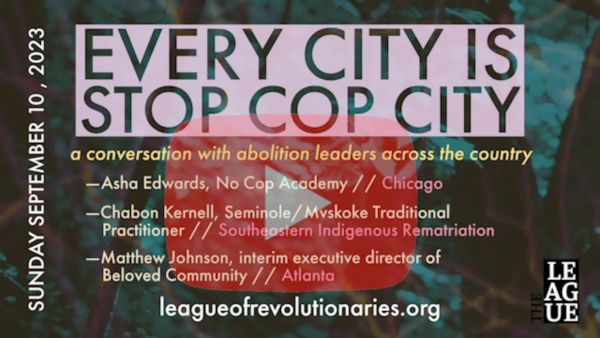
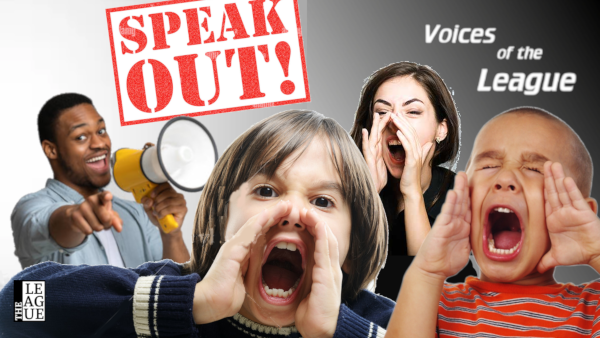


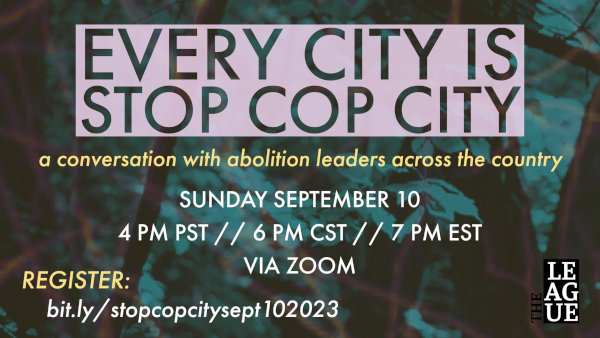

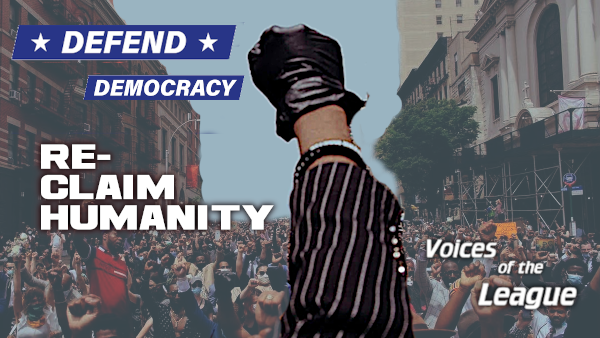


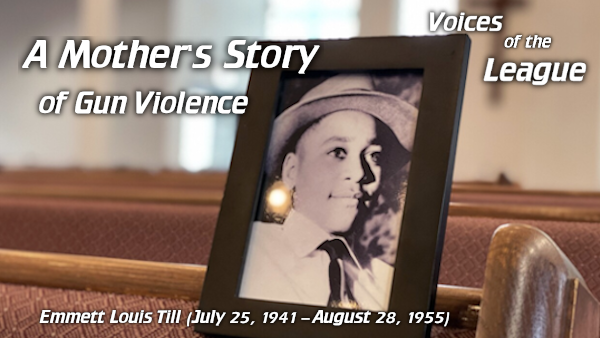
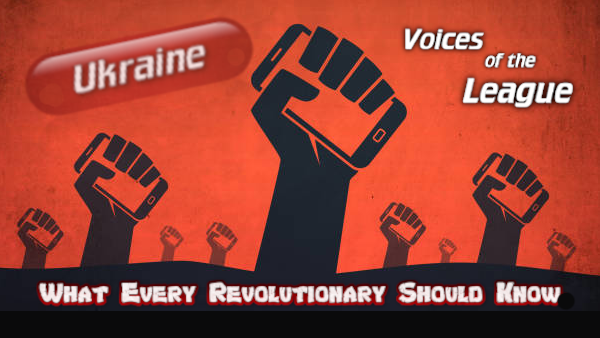
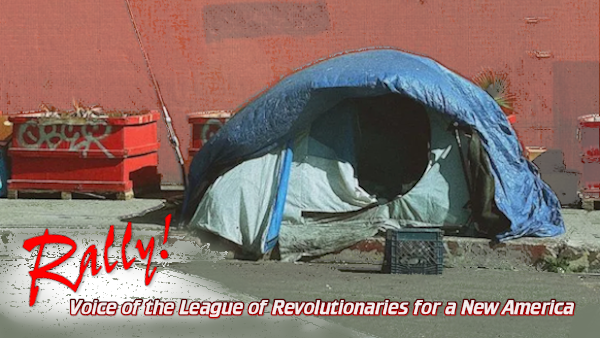
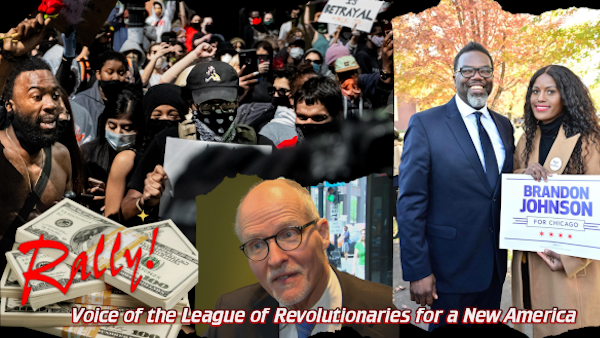
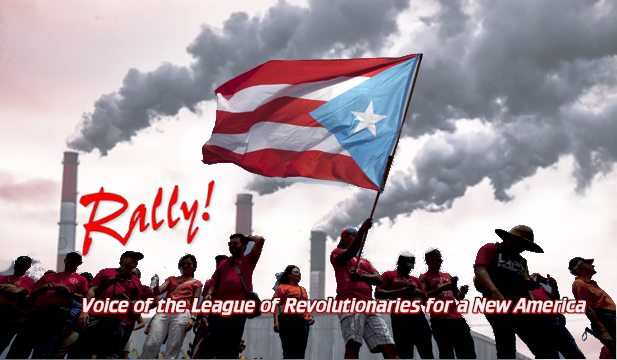
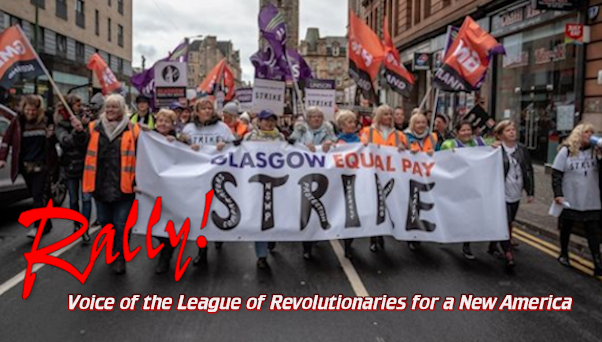
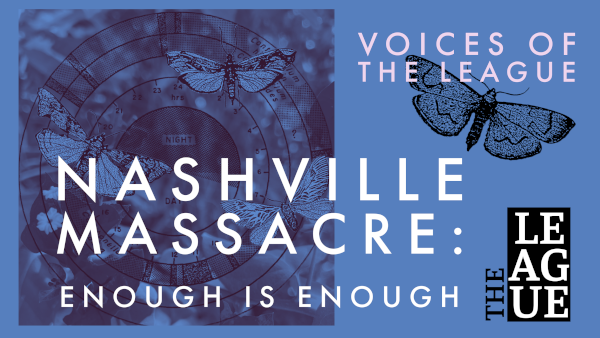
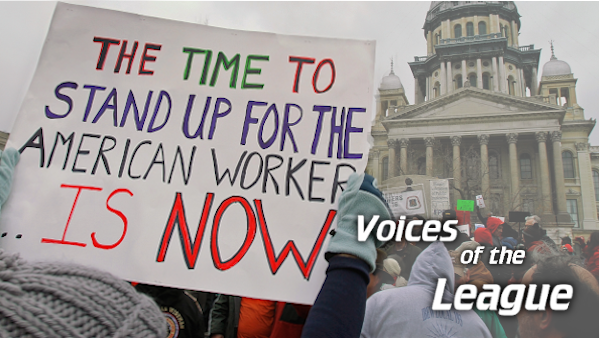
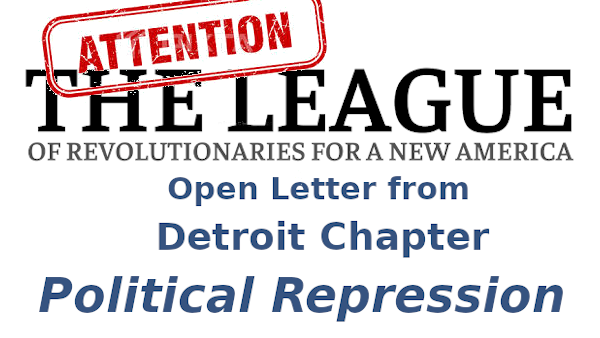

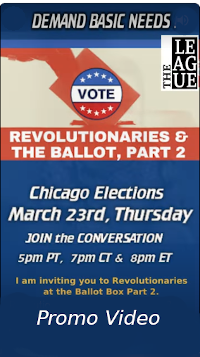
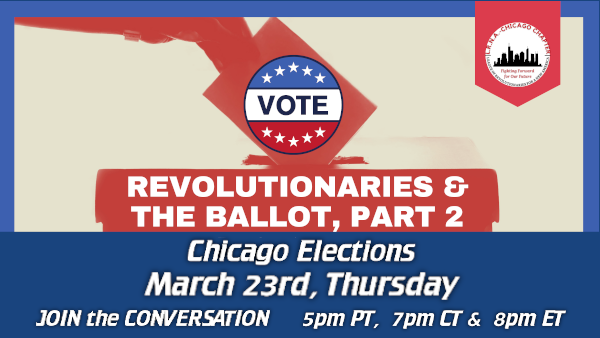
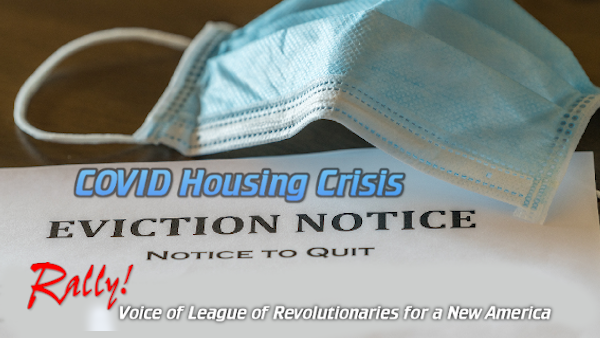
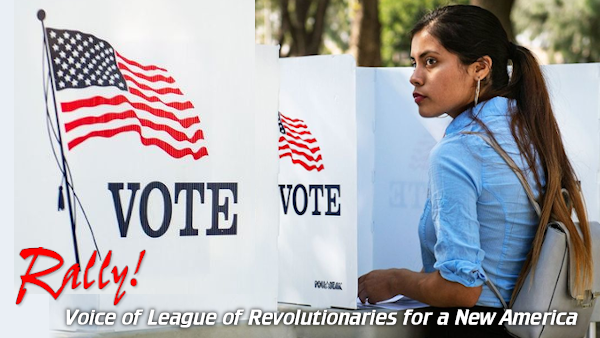
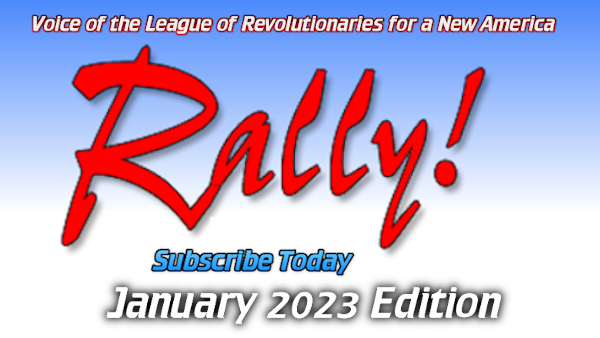

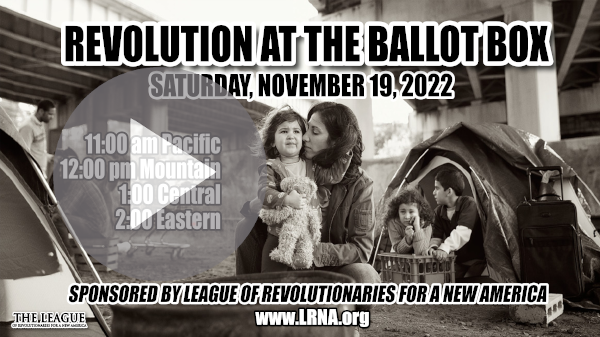
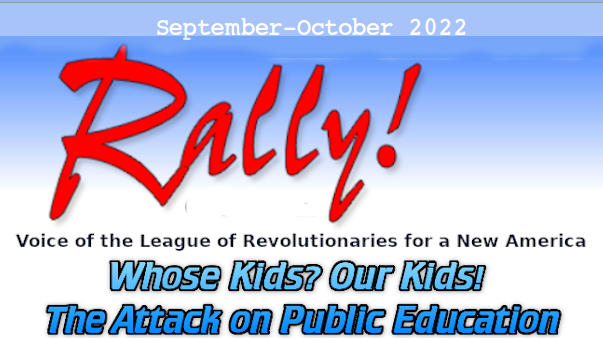
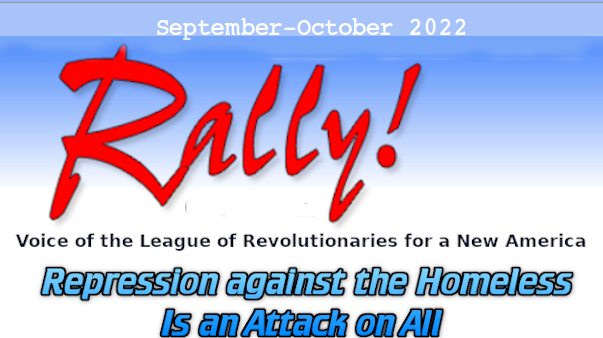
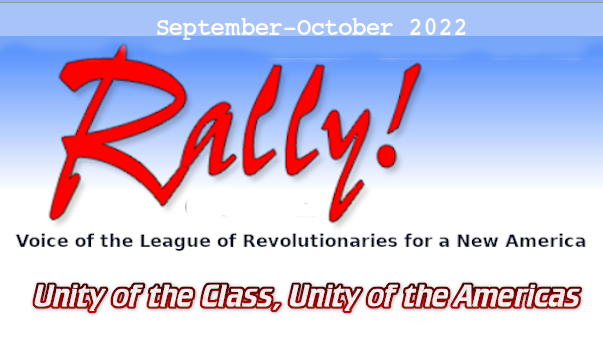
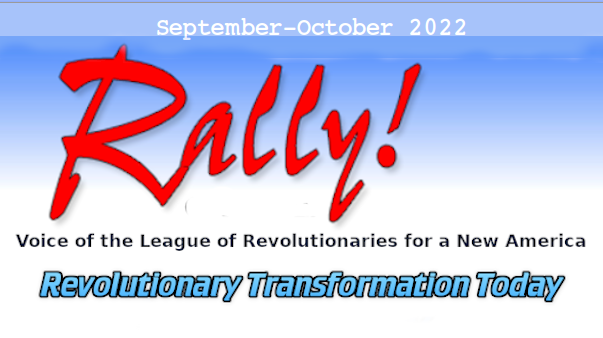
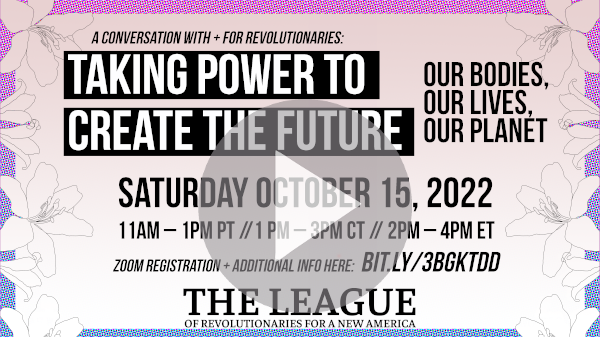

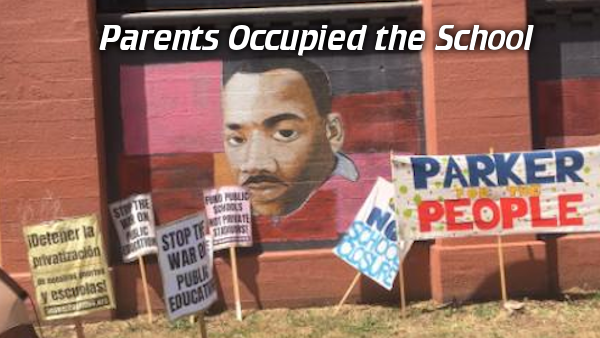
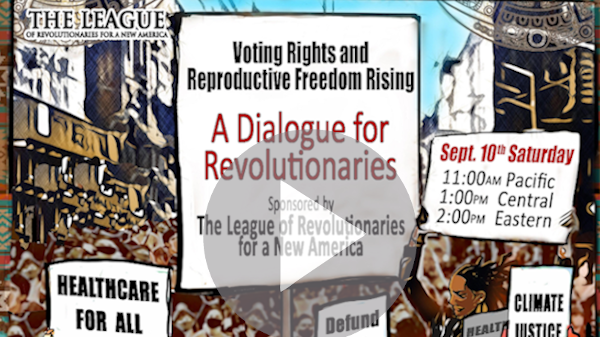
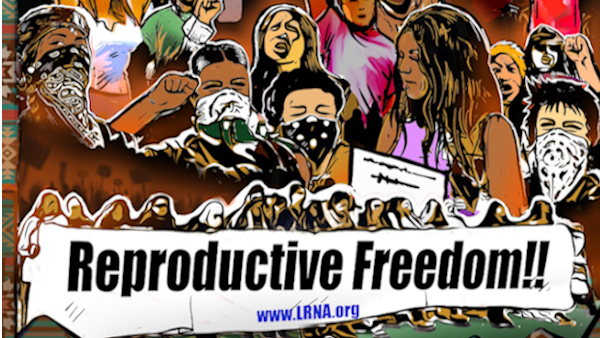
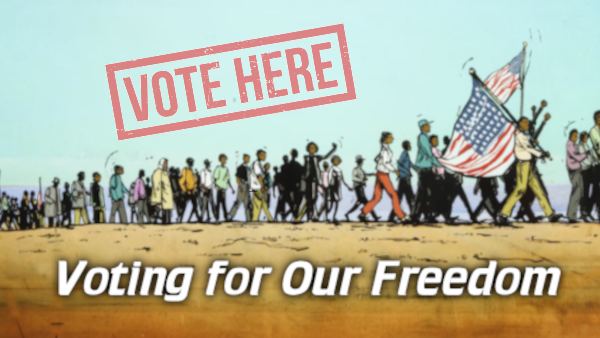
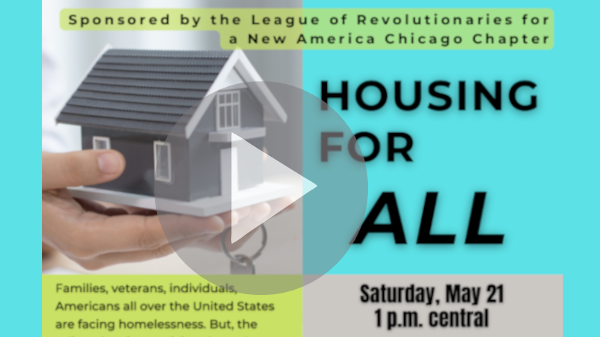
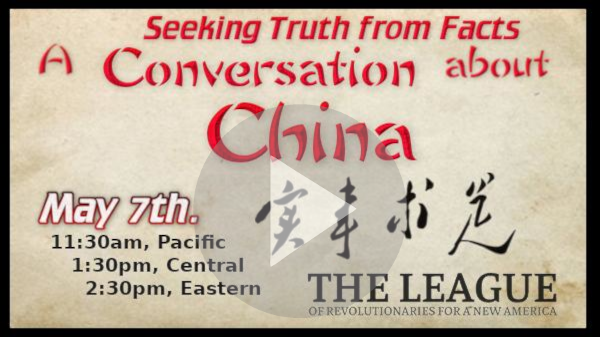
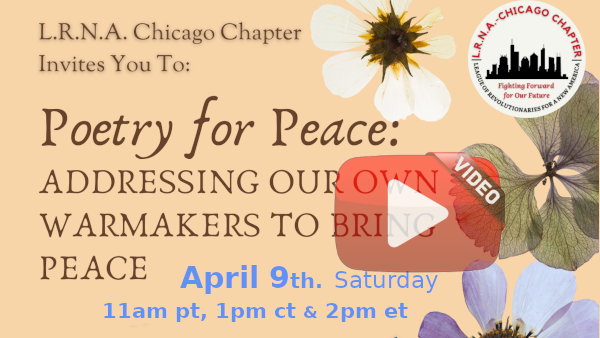

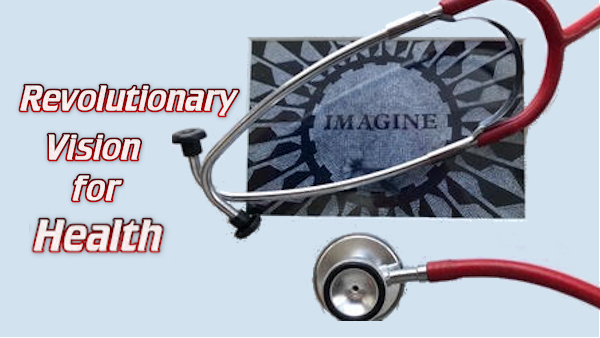


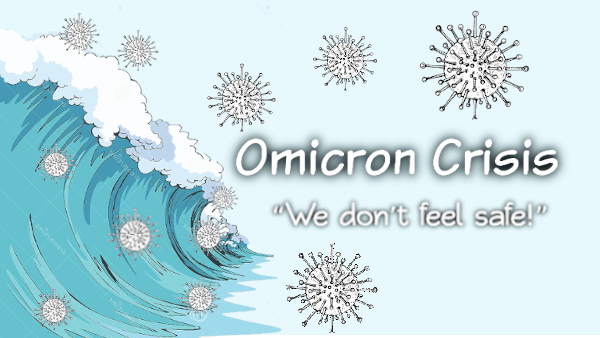
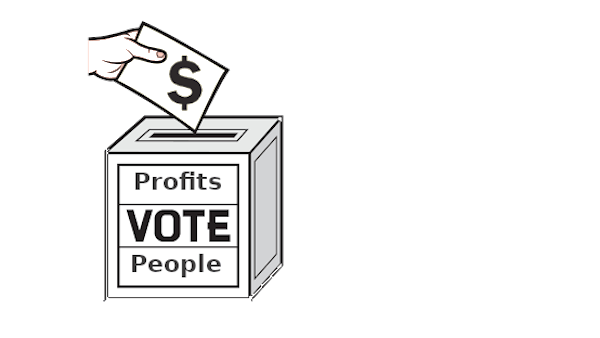
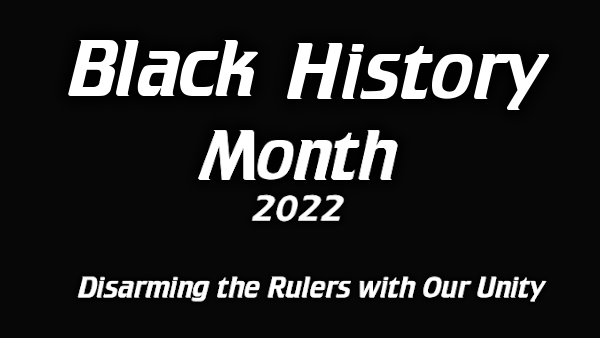

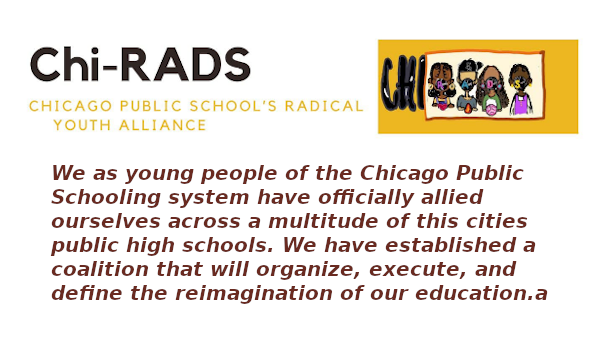
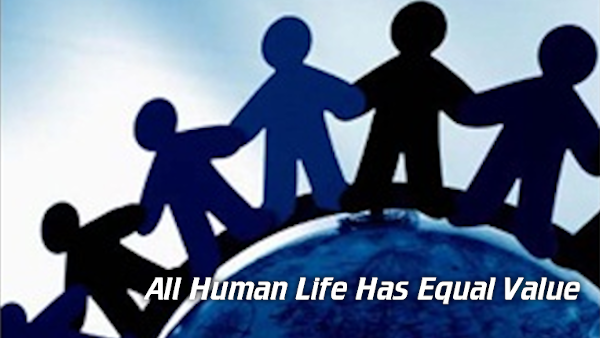
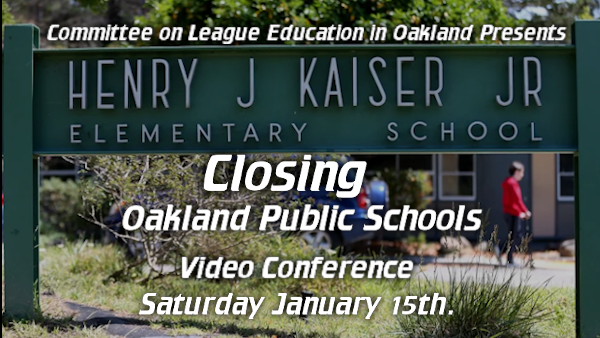
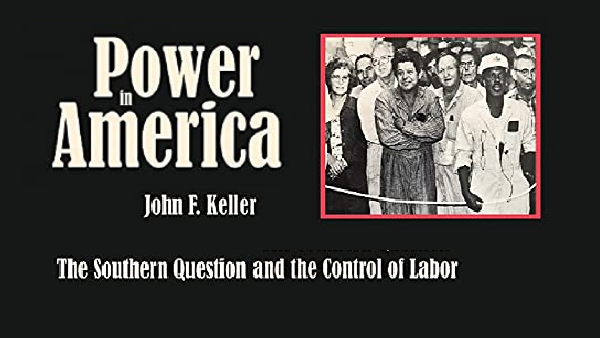
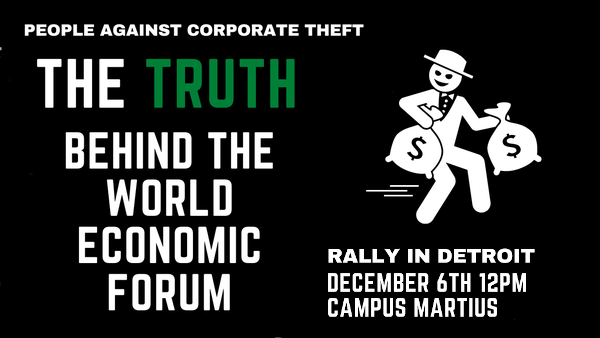
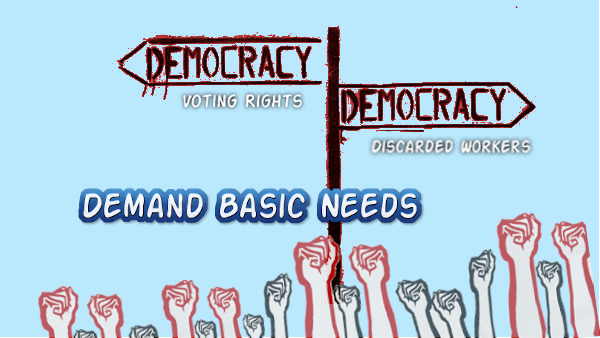
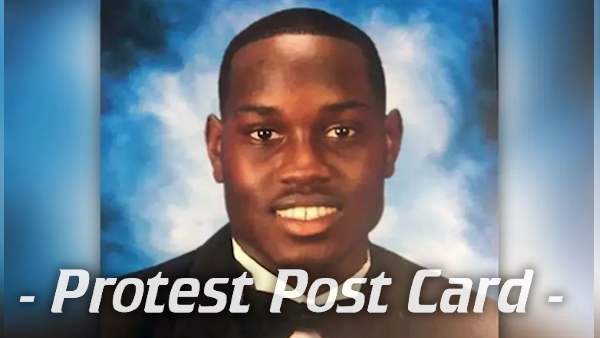
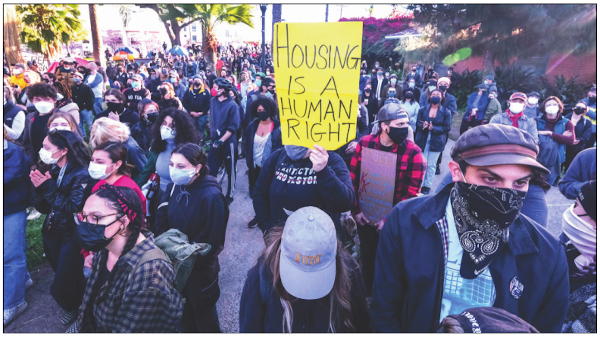
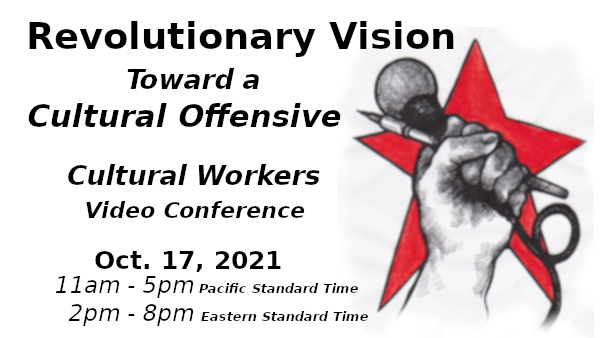
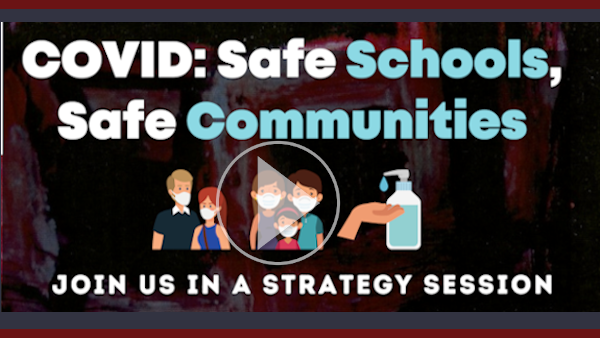

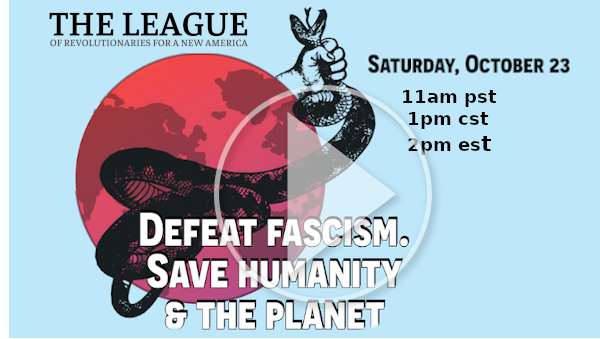
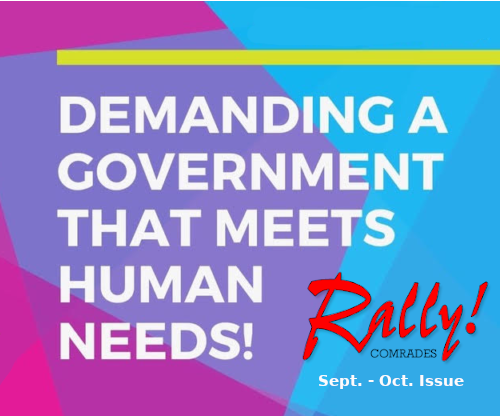
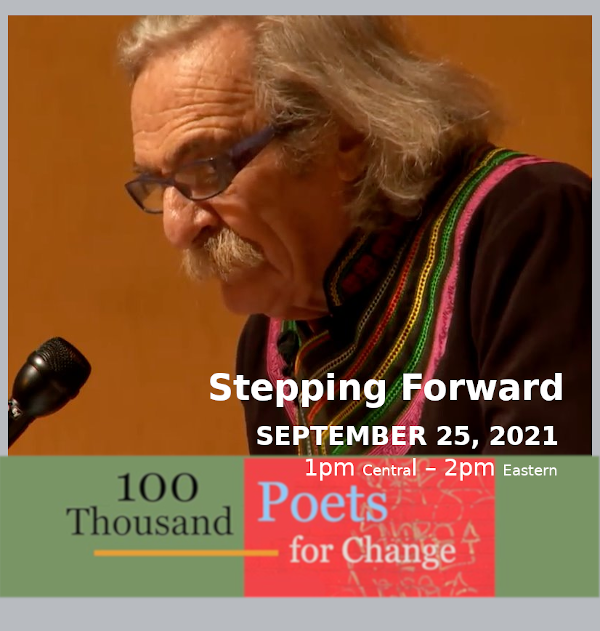

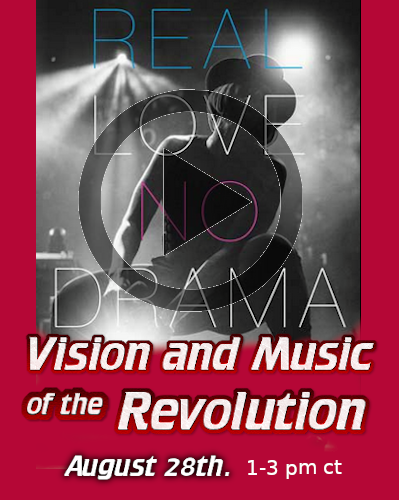
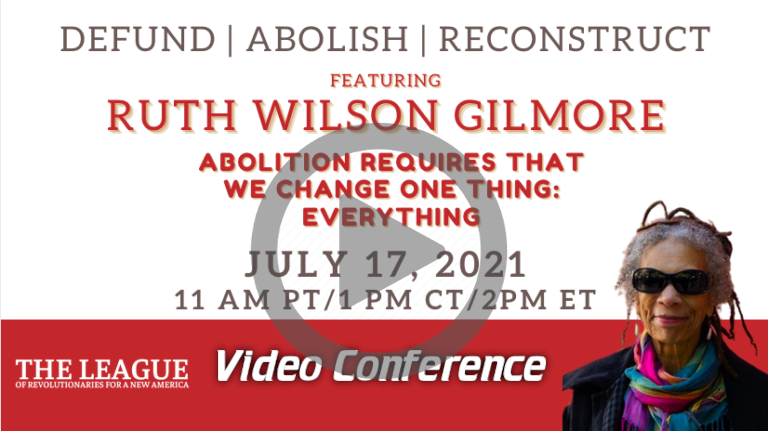
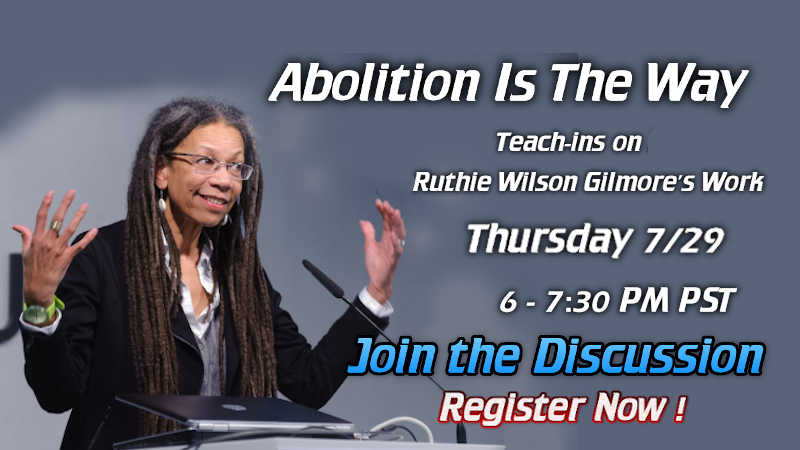
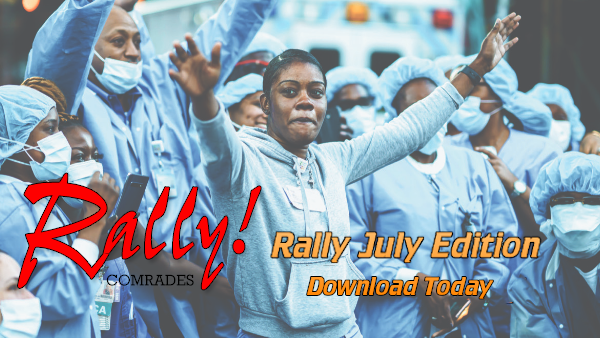
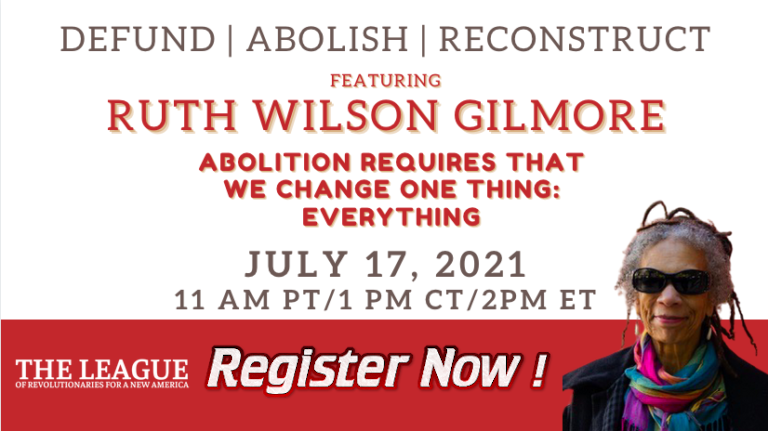
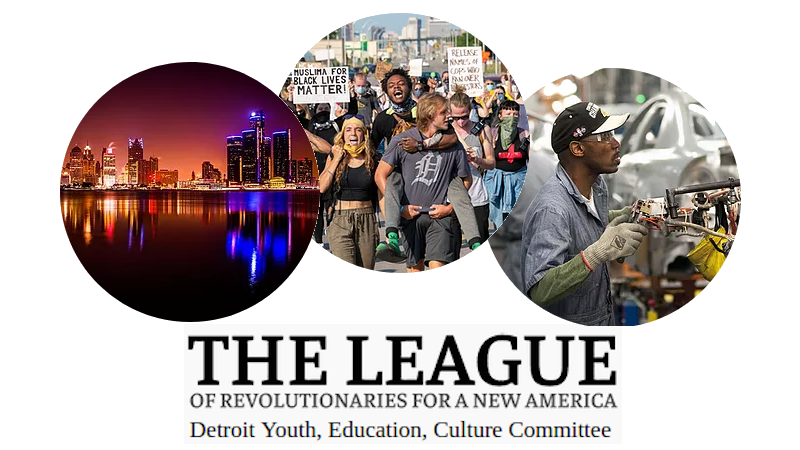
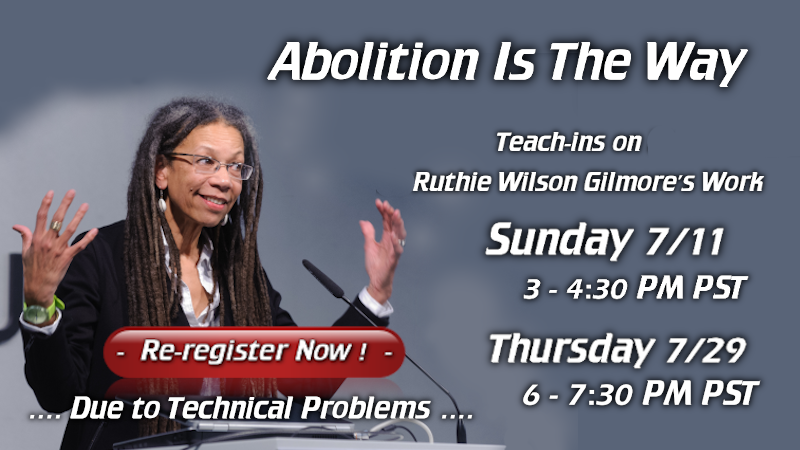
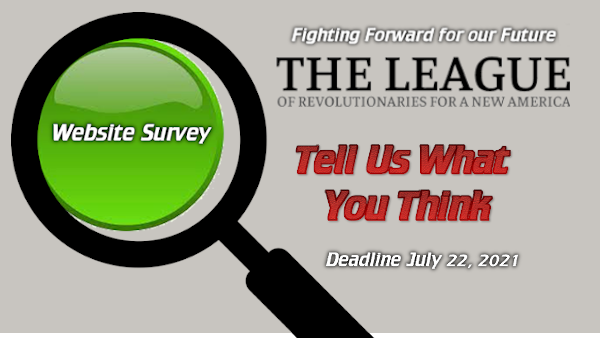
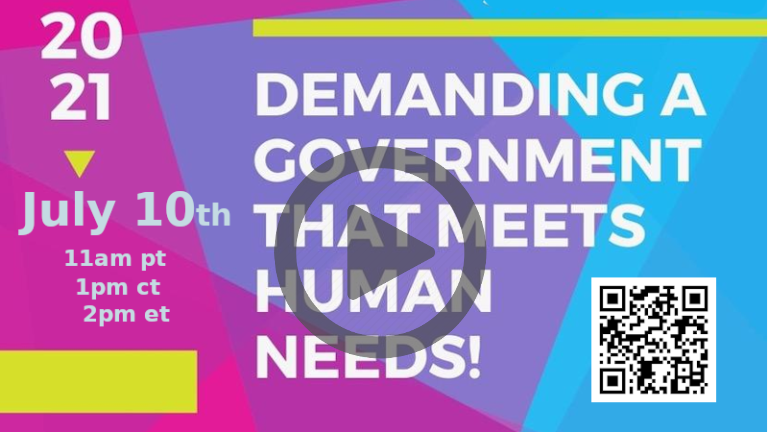
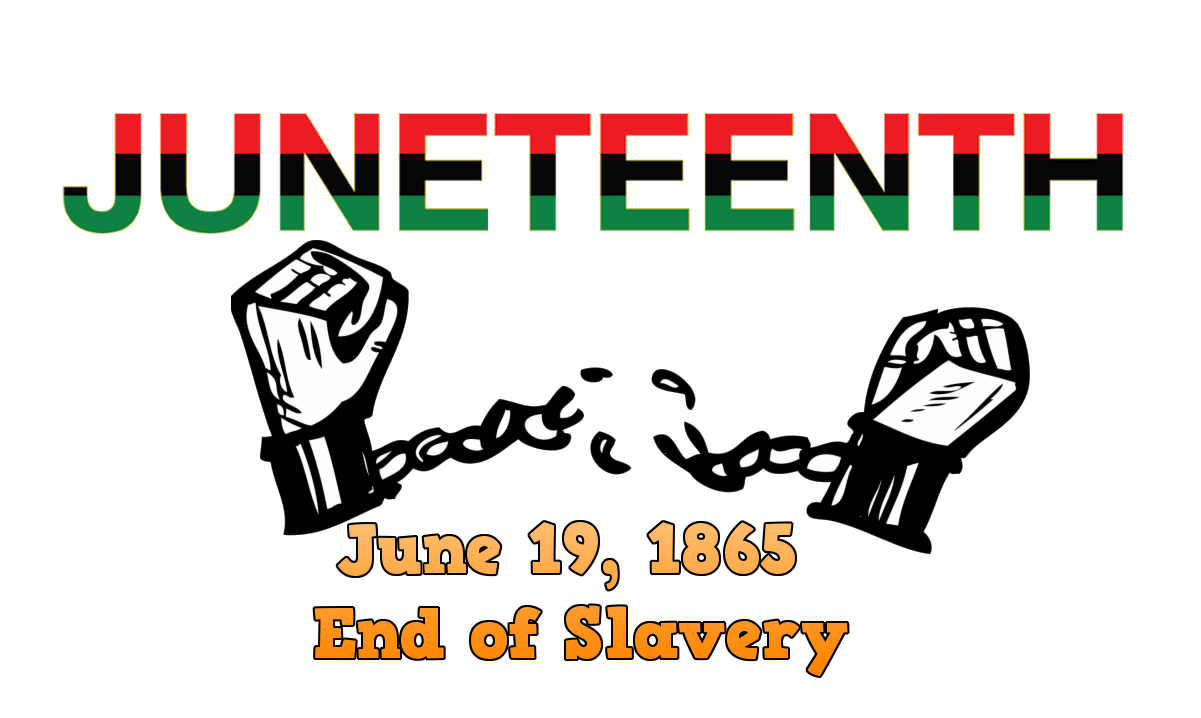

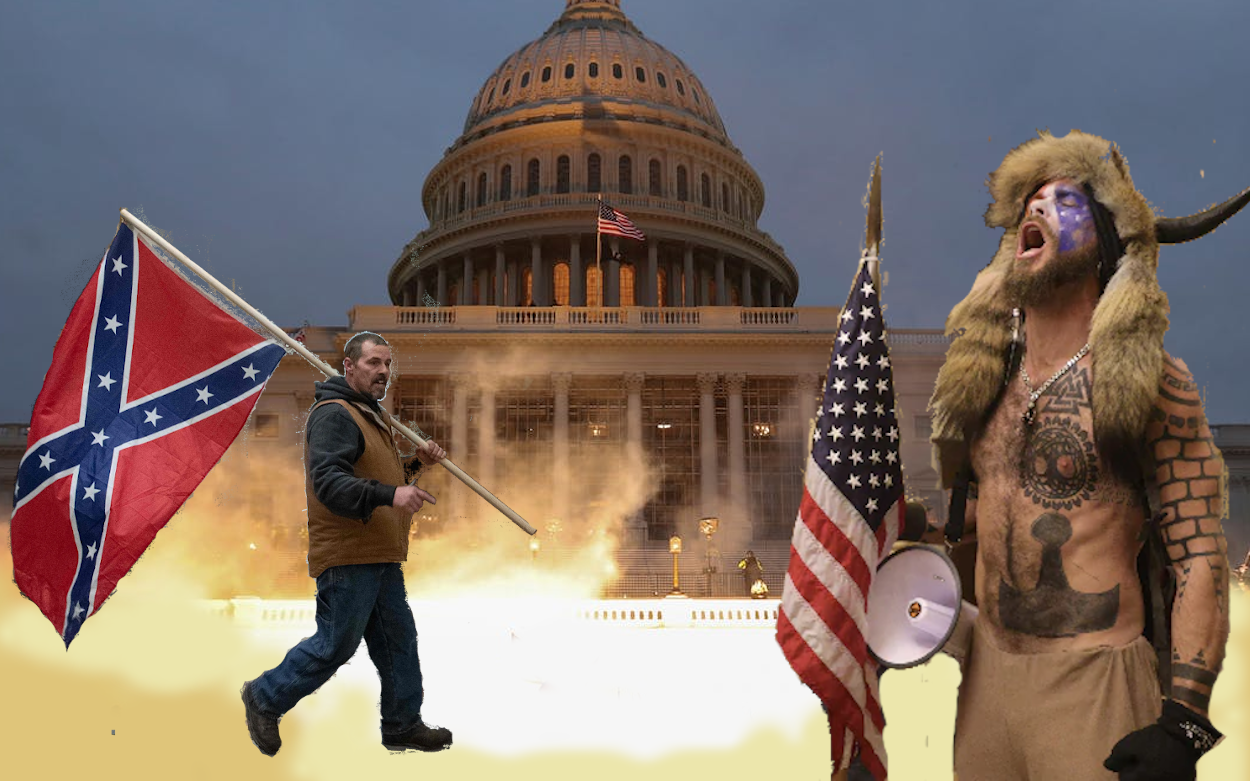
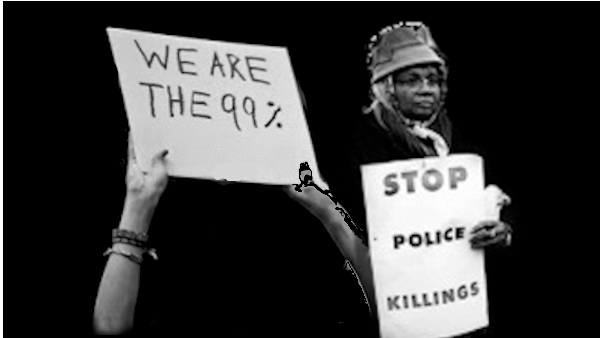
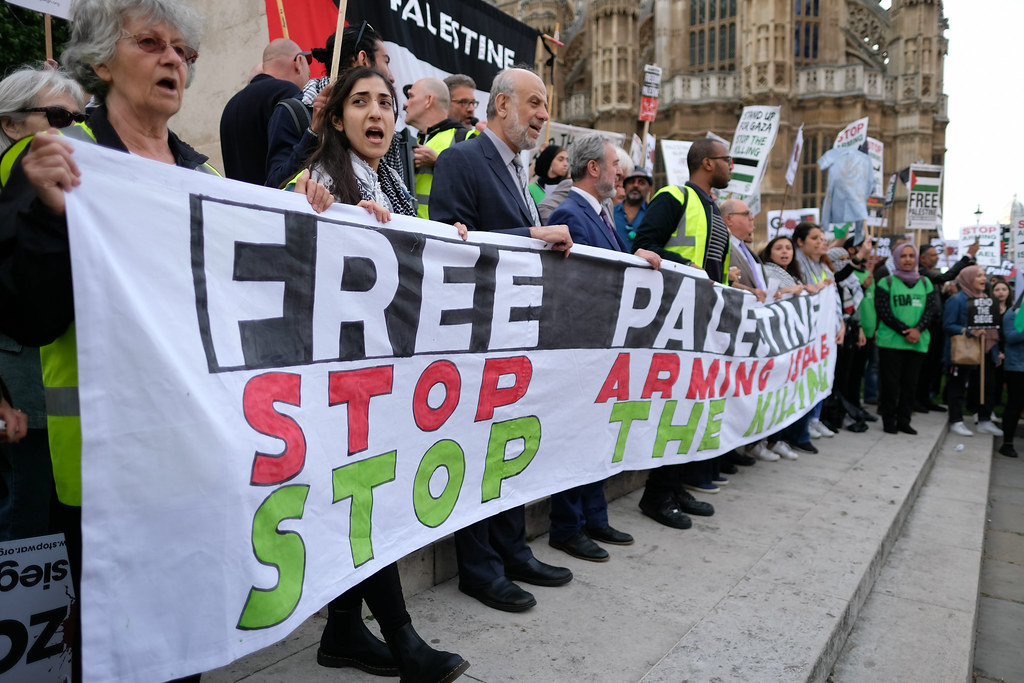



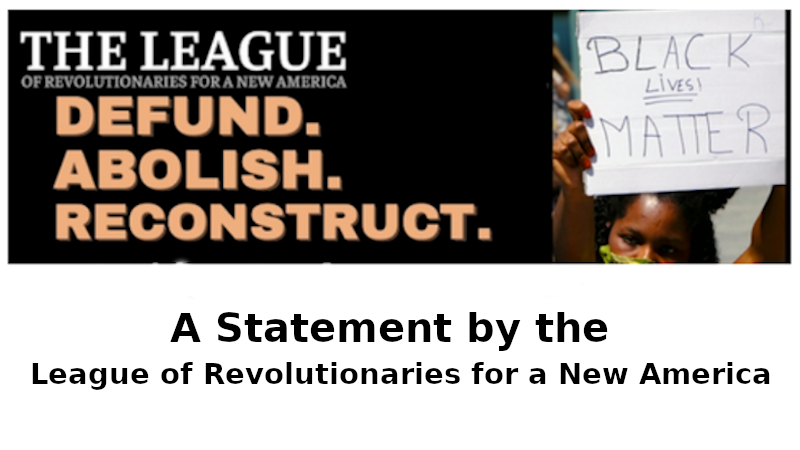
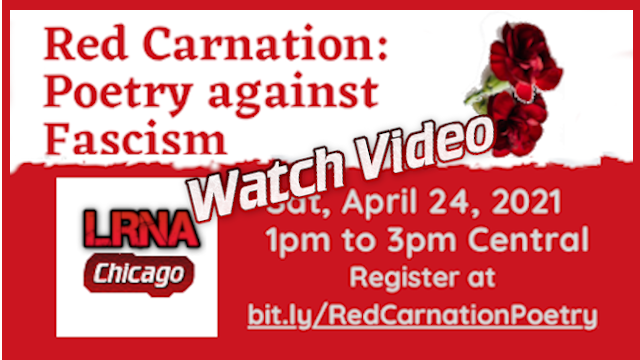
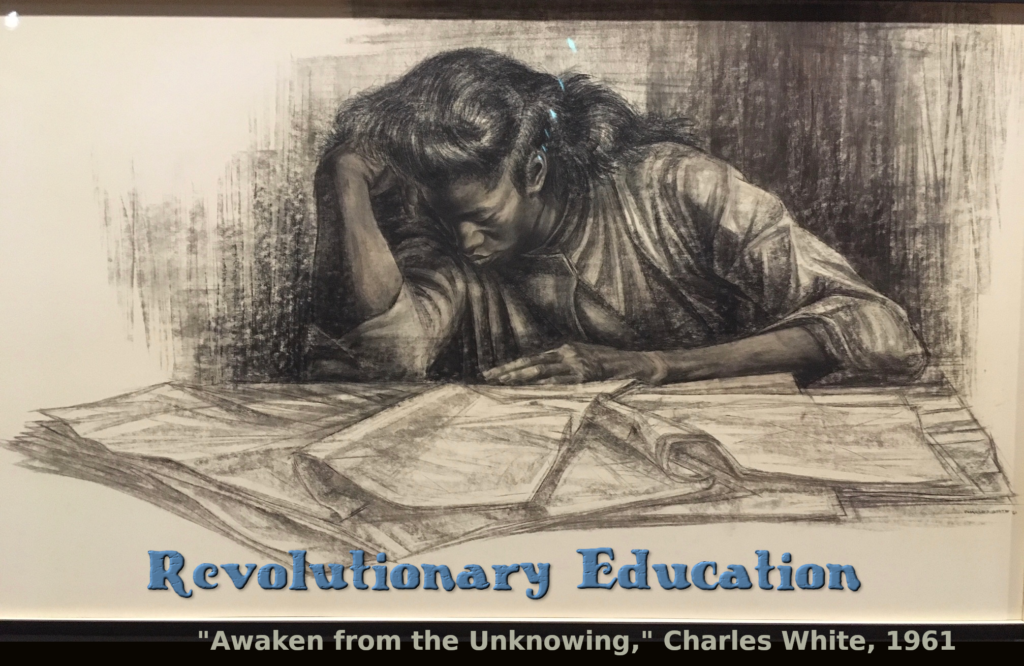


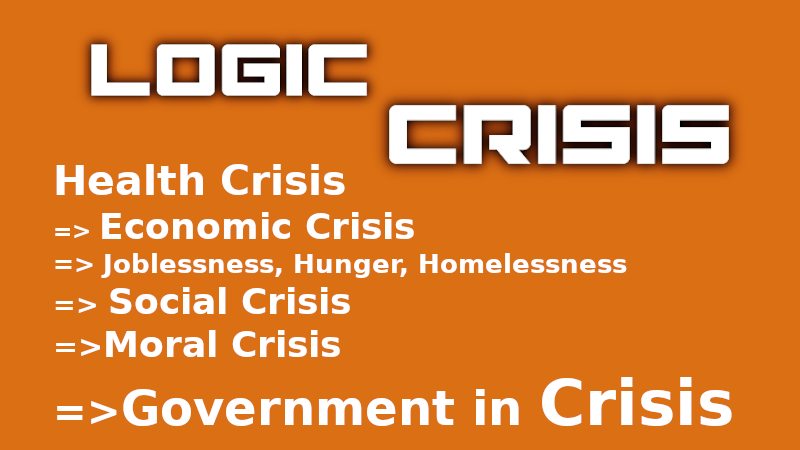
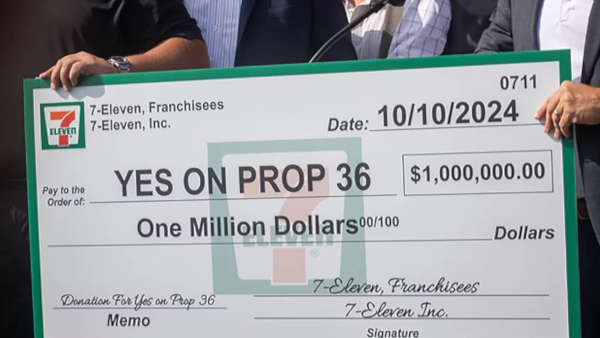
ZARJ6xuRr7P
Keeping pace with regulatory changes can be challenging, but Iraq Business News highlights new laws and policies that impact business operations, ensuring you remain compliant and competitive
This article was packed with practical tips—thank you!
What a superb piece of writing! Both the thoroughness and lucidity of your analysis are much appreciated. Your data was both practical and pertinent. This is a post that I will return to at a later date. Your knowledge and insight are much appreciated.